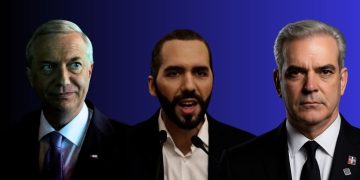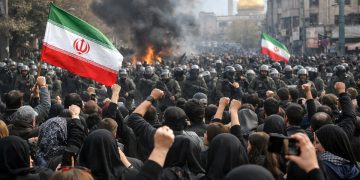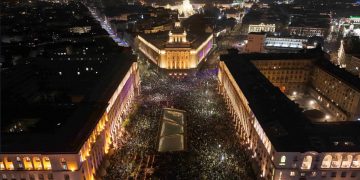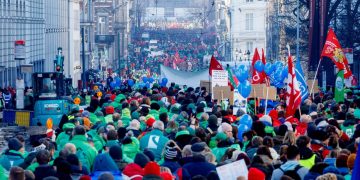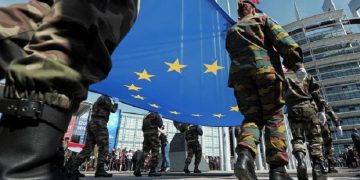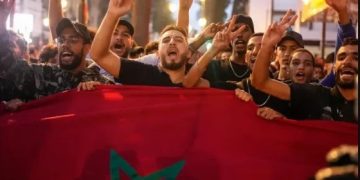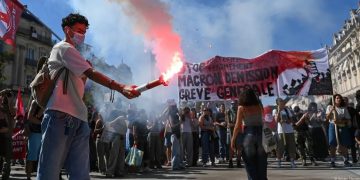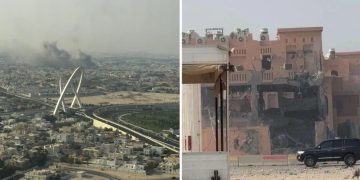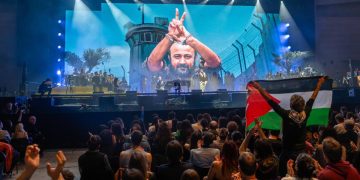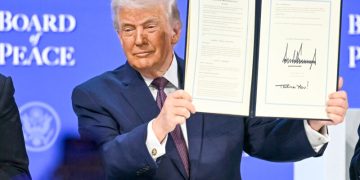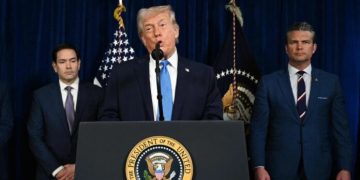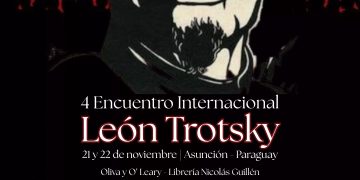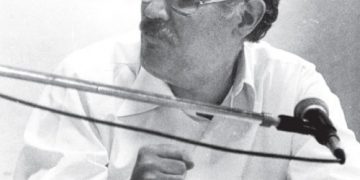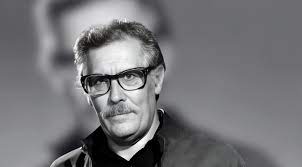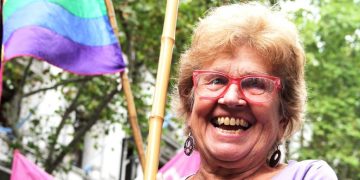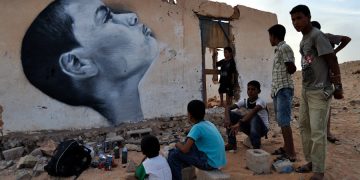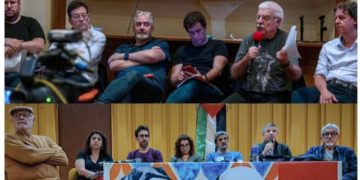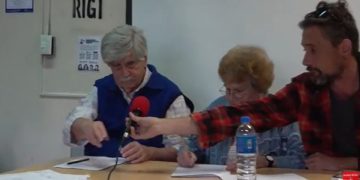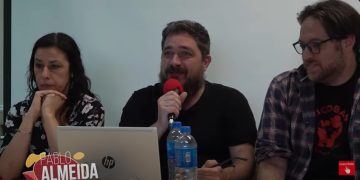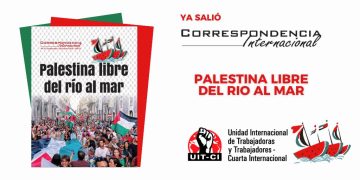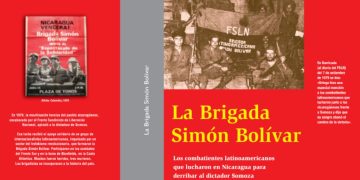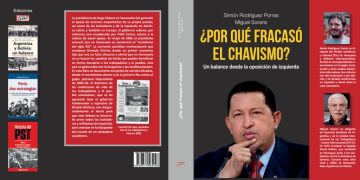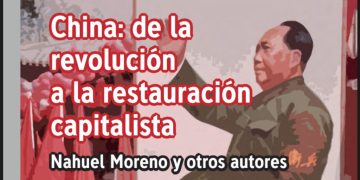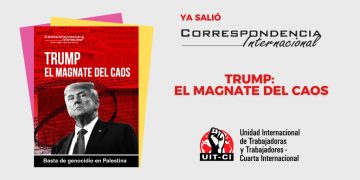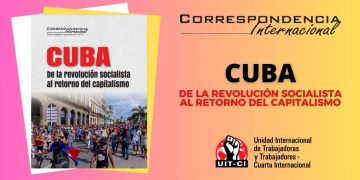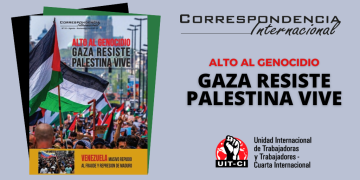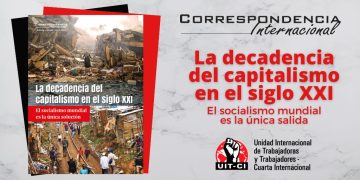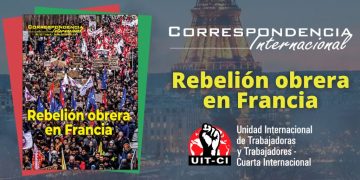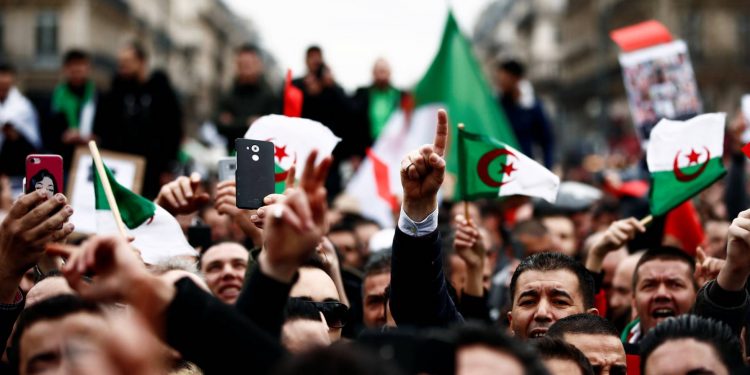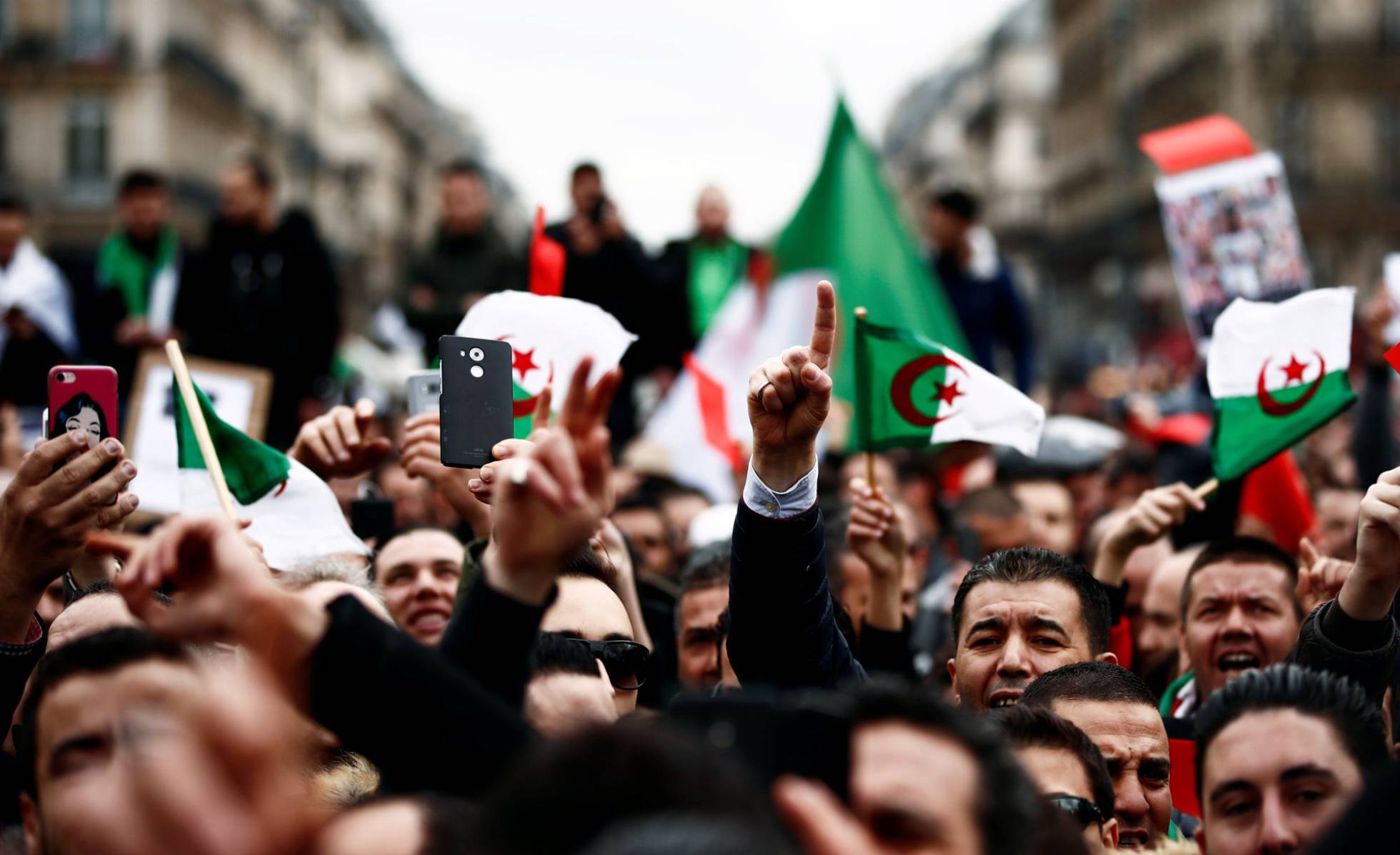
The official figures have just announced this inescapable truth. The Algerian people rejected the proposed constitutional revision by an overwhelming majority (76.6 per cent). According to official figures, only 23.7 per cent went to the polling stations.
The traditional single-party electoral strongholds (in the southern regions), which were then subject to the dictates of certain local feudal systems, boycotted the project. Unofficial circles linked to the regime barons spoke of a turnout of only 6 per cent. In short, this consultative referendum, which, with the election-designation on 12 December 2019 of Abdelmadjid Tebboune, wanted to sell a “new Algeria”, absorb Hirak’s potential for mobilisation and save the system by creating a new social base. It is a real slap in the face for all the designers and architects of the Algerian system.
For Fatiha Benabbou, a well-known constitutionalist from Algiers, “rejected by the people, the project of constitutional revision must be abandoned”. She called on the authorities, through the person of their president, “to make a political interpretation of the referendum results on the draft revision of the Constitution”. The question of legitimacy is more important than the legality. Legally, there is no text referring to the threshold of participation to be reached to validate the project. The regime and its supporters have taken advantage of this gap to force the draft revision and, against all expectations, proclaim surreal results. Out of an electorate of 23,583,000 registered voters, only 5,586,259 expressed an opinion on the draft constitutional revision, of which 33.80 per cent voted against it. For all observers of the political scene, this imposition by force enshrines “the lack of respect and systematic violation of political and human rights”. They foresee an acceleration of the crisis of the system. The president, who was urgently evacuated in a private French plane to a hospital in Cologne and then to Berlin, suffering from a chronic illness and Covid-19, emerged from the elections politically weakened, as he was still marked by a major lack of legitimacy. The regime’s decision-makers were caught between a rock and a hard place. They have exhausted all possibilities of maintaining power with a minimum of consensus.
The energy used to capture or suppress the Hirak’s potential for radicalism has been a complete failure. The rejection of the proposed constitutional revision is a regrettable setback. Power no longer has the means to maintain its hold on society. As in the dark years, it provides security solutions to society’s political problems. When Algerian society has a fever, the thermometer is broken. Power, with reclassifications, eliminations and settling of scores, has hardened in the hardest core of the army and security services staff. The management of the reality of power is based on the brutal repression and paranoia of the foreign hand. As a renowned Algerian political scientist states: “It is the loss of the sense of reality by the powers-that-be, their loss of all political expertise and engineering. Including in the repression”. He explains that the hardening of this hardcore, “no longer knows even the red lines for its survival, such as the temptation to do away with the facade multi-partyism that takes part in its regeneration”. This is the only option that the designers of the Algerian regime apologies have found in the face of the shakes of the Hirak.
The poorly elected president is only a hyper-concentration of this hardening of the residual core of Bouteflika’s power, in his only repressive option. Tebboune embodies this depreciation of power, says Ali Bensâada, which is expressed, for example, in a whole gesture “that mobilises the real means of the state, against a simple journalist whatever his talent”.
What is the political situation now, after this referendum?
It is better to have no law at all than to have one that divides», as one constitutionalist has already said. By voting against or abstaining, the Constitution is illegitimate. In fact, it is obsolete, because it was rejected by the electorate, by the people who voted with their feet on 22 February 2019. The question of legitimacy is at the heart of the political crisis. To use a Constitution that does not have the consent of the people is to put a cauterised on a wooden leg. Its dangerous vocation will not be to build consensus on fundamental issues but to call into question the unity of the people.
Article 209 of the Constitution is clear and states that when the Constitution is rejected by the people, it becomes null and void. The official results were surprising because of their brutal truth, although they are still far from the actual reality. However, they did not reveal all their secrets. The system has not accustomed us to such transparency. Is there an ulterior motive? To weaken a sick and potentially powerless president, to push him out the door? Some think we are already in the post-Tebboune era. The tangle of consultations of national personalities by decision-makers has begun. Would they once again seek a saviour, rather than let these people, who have shown their political maturity a thousand times over, decide their own national destiny?
The popular movement was born on 22 February 2019 and has suffered the full force of a pandemic that the government has used to overcome its upward radicalism. It has just lost a charismatic figure, in the person of Lakhdar Bouregâa, a national hero of the liberation war and irreducible opponent of the system since the beginning of independence in 1962. Imprisoned at 86 at the height of the Hirak, he has just died by COVID-19. Hirak has retired, but he has put down deep roots in society and in the deepest recesses of the country. Hirak’s slogans, despite their limitations, permeate the dynamic movement in the four corners of the country, in Bordj Bou Arreridj, Béni Ourtilane, Akbou, Tazmalt, Béjaia, Ghardaia, Tizi Ouzou, Biskra, Oued Souf and elsewhere in Algeria. It is absolutely necessary to make this fighting practice a long-term one so that it can give rise to the required level of political awareness.
Algiers, 9 November 2020
Chamil
People’s Left Action (Algeria)








